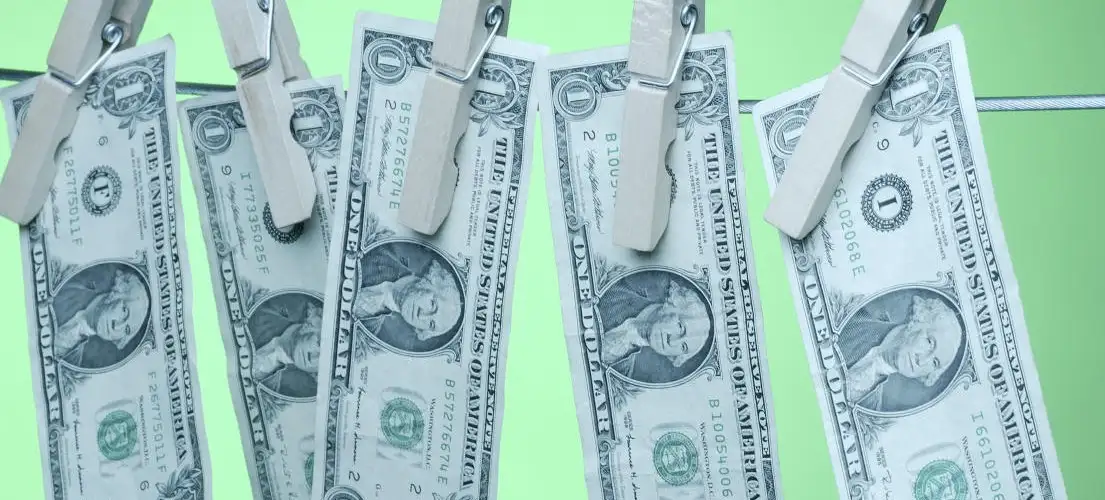
The House Subcommittee on Aviation is holding a hearing on airline fees Wednesday, which will feature testimony from a number of interested parties. Spirit CEO Ben Baldanza will be there, as well as representatives from Southwest and a handful of other groups. I’ll be there, too, but just to watch and report back to you
In advance of the hearing, numerous organizations are sharing their feelings about bag fees, and since most of the groups speaking up are pro-consumer, we’re not talking about warm and fuzzy feelings here.
Perhaps the most notable of these is the Consumer Travel Alliance’s (CTA) analysis of fees on four popular routes (New York-Los Angeles; Boston-Washington, D.C.; Chicago-Miami; and Washington, D.C.-Orlando, traveling October 21 to 25). This analysis is notable for a few reasons. First, it tells a story, albeit one that is well-known and, honestly, rather obvious: Fees make airfare more expensive, and in some cases, considerably more expensive. For example, CTA found that “a typical traveler requesting extra legroom and checking a single bag would pay an average of one-quarter (26%) more than the base price of the ticket shown on the website.”
Further, it illustrates that fees are static, while fares are not. United charges the same bag fees ($46-$50 round-trip for the first bag) whether you’re on a $129 ticket from Boston to Washington, D.C., or a $339 ticket from JFK to Los Angeles. You can see, then, why the CTA’s research showed that “the amount of hidden fees charged to a typical traveler with a single bag ranged from 10% to 82% of the price of the base fare.”
After reading this, I found myself wondering what it all means. What is a consumer supposed to do with this information besides get angry? And, taking it a step further, what does a congressional subcommittee think it can do?
And therein lies the crux of the bag fee situation: It’s a solution to a problem, and both the solution and the problem need to be fixed. The business of flying planes is still largely unprofitable, or barely profitable, despite a few recent mergers and over two years of escalating fees. Airline fees, meant to boost airlines revenue, lack transparency and feel out of proportion with the actual task of transporting luggage, thus alienating customers. The whole thing is a mess.
My hope is that the hearing tomorrow is an opportunity to take a step back and start thinking about a compromise. Yes, compromise. Consumers need to accept that a solvent, robust airline industry may necessarily include fees, and that a healthy airline industry is essential to keeping consumer costs reasonable. The alternative, long-term, is reduced competition due to mergers and, potentially, bankruptcies, a scenario that could tilt the balance strongly toward the airlines.
Airlines, for their part, need to play fair. The DOT’s ideas regarding fare and fee transparency are a good start, but airlines should devise a more proportional bag fee pricing scheme, perhaps one based on distance or weight. And since the heart of customers’ frustration stems from a sense that they aren’t getting what they pay for, airlines should hand out automatic fee refunds when bags are late.
What we’ll probably get, of course, is a whole lot of nothing. But a guy can hope, can’t he?
We hand-pick everything we recommend and select items through testing and reviews. Some products are sent to us free of charge with no incentive to offer a favorable review. We offer our unbiased opinions and do not accept compensation to review products. All items are in stock and prices are accurate at the time of publication. If you buy something through our links, we may earn a commission.
Related
Top Fares From
Today's Top Travel Deals
Brought to you by ShermansTravel
Porto to Lisbon: 7-Nt, Small-Group Portugal...
Indus Travels
 vacation
$1899+
vacation
$1899+
Greenland: Luxe, All-Incl. 11-Nt Exploration Small-Ship...
Swan Hellenic



Ohio: Daily Car Rentals from Cincinnati
85OFF.com





